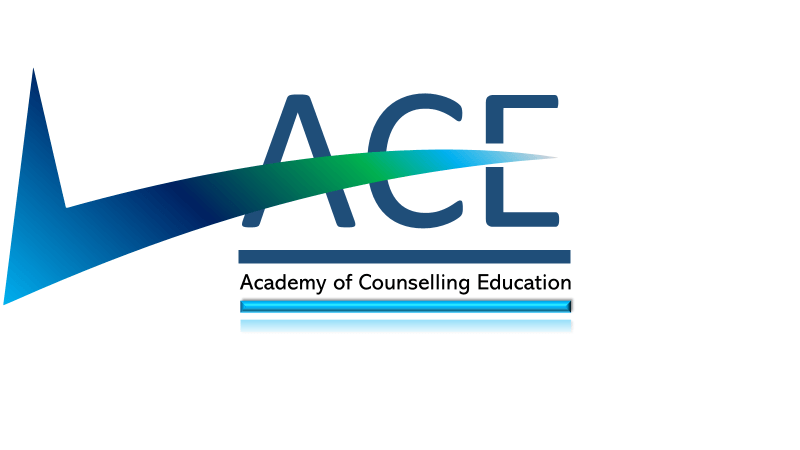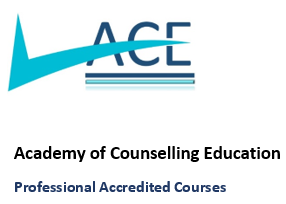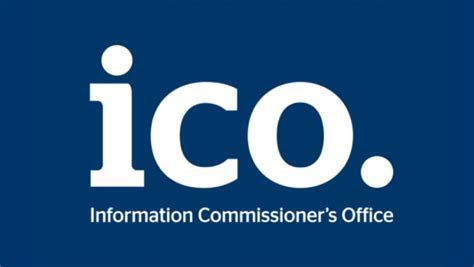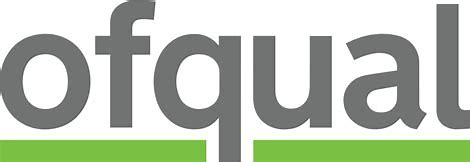Online Course Dates From
May
2026...
January 2026 / Saturdays / Fortnightly / Level 2 Certificate in Counselling Skills (CSK-L2)
Online Interactive Course Starts: 17th January 2026 until 20th June 2026 - Saturdays / Fortnightly / 9.30am until 4.00pm (Excluding Optional Tutorials)
Level 2 Certificate in Counselling Skills (CSK-L2) National Accredited
17 Credit Value applies to this qualification which is designed to Provide ACE candidates the underpinning knowledge, skills and competencies to use counselling skills ethically and safely in various contexts and roles. Progression will lead to access to the Level 3 (CST-L3) Counselling Qualification.
For courses at Centre Locations a blended approach applies which includes approx. twenty percent of the total course online teaching/webinars and complimented by a virtual learning environment throughout the course.
ACE Courses is an Independent Counselling Training Provider which means we do not have direct links to Government Finance Funding. As an alternative we accept a deposit and regular payments for Level 4 and above.
About the Level 2 Accredited Course - Certificate in Counselling Skills (CSK-L2)
List of Services
-
Course TitleList Item 1
Level 2 Certificate in Counselling Skills
(CSK-L2) 17 Credits
-
Course FeesList Item 2
Total cost of the course: £1195.00 inclusive of £275.00 booking fee and £325.00 and registration fee. Refer to ACE Policies.
-
ProgressionList Item 3
Level 3 Certificate in Counselling Studies (CST-L3)
General Information: Level 2 Certificate in Counselling Skills (CSK-L2)
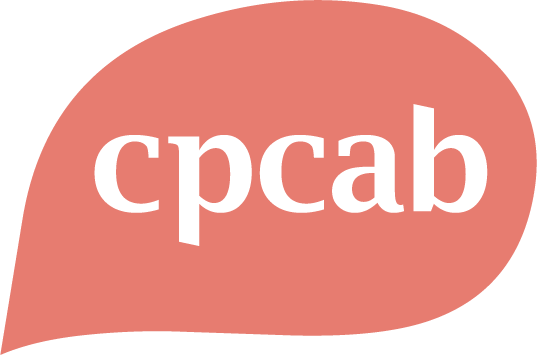
Progression to Level 3
Ofqual - Recognised National Qualification (RNQ) - Certificate
17 Credits
Adopts a Humanistic Approach to inform counselling skills practice
This qualification is designed to give candidates the underpinning knowledge, skills and competencies to use counselling skills ethically and safely in various contexts and roles. Progression will lead to access to the Level 3 (CST-L3) Counselling Qualification
This qualification is for:
Those starting the first level of training as a professional counsellor.
Those who want to learn counselling skills in other professional or helping roles.
Those who want to improve their professional and personal relationships as part of personal development.
Those who wish to improve communication and listening skills.
This qualification leads to employment and increases employability for those who support others in sectors such as health and social care, teaching and learning, advocacy and mediation, support and project work, and other helping roles. It provides additional skills for those already in employment and is likely to lead to increased opportunities for promotion and advancement.
To make the distinction between counselling and counselling skills clear, CPCAB refers to the person using counselling skills as a ‘helper’ and the person being helped as a ‘helpee’.[ An example of helping work would be a care assistant (the helper) listening to someone they are looking after (the helpee) who is very worried about the health of a family member. The helper will help them to express their feelings and concerns. They may also guide them to a specific professional who may be able to provide them with the more specialised or in-depth help they may need—the core theoretical model underpinning the course is the Person-Centred Approach. The terms ‘counsellor’ and ‘client’ are not used until the Level 3 Certificate in Counselling Studies (CST-L3).
Blended /Hybrid learning/Group work and Assessments
The internal course work/assessments include creating a Portfolio consisting of achieving Learning Criteria over seven Learning Outcomes:
- Use counselling skills ethically and safely
- Establish and sustain the boundaries of the helping role
- Work empathically as a helper
- Focus on the helpee's needs and concerns
- Use self-awareness in helping work
- Use a range of counselling skills to facilitate the helping interaction
- Use feedback and reflection to enhance counselling skills
To achieve successful completion of the internal course assessment/work expectations include:
- Tutor-led and skills demonstration
- Group work activities, discussion, question/answer
- Course handouts
- Recommended reading
- Helpee Skills practice
- Roles play simulation
- Demonstrations
- Self-review of helper skills
Course philosophy:
An important aspect of the course is that Tutors pride themselves on maintaining a student-led approach, including a sensitivity in providing constructive feedback. Continual support and guidance are offered with regular Tutorials ensuring a positive learning experience. This is complemented by external speakers from time to time. Our philosophy of ensuring transparency and ease of communication between students and Tutors is aided by our tailored interactive classrooms/virtual learning environment (VLE).
Course Entry Requirements
Minimum age 18
No previous training is required. The following attributes will be important to be able to cope with course content.
Ability to translate intra-personal experience into language.
Able to benefit from self-development.
Be motivated towards developing as a helper.
Emotional stability.
Awareness of difference and diversity.
Mode of Study
ACE Training Centre Locations2 Options:
- Nationwide / Online / Live Interactive / Face to Face
- In-Person / Blended (Refer to Training Centre Locations)
90 Hours (Minimum) Guided Learning (GLH)
196 Hours Total Qualification Time (TQT):
- 90 Guided Learning Hours
- 25 Learning Reviews
- 30 Essay preparation
- 51 Coursework, module sessional reading and group work
Course Fees
Course Fee PolicyTotal cost of the course:
Online / Nationwide Courses
£1195.00
Breakdown of initial cost:
£275 applies to book your place on the course (non-refundable)
£325 Registration Fee and ACE (including the Approved Fee of the Ofqual Regulated Training Provision/Qualification) is payable (non-refundable).
The remaining course fee is to be received/arranged at least 4 weeks before the course starts.
Duration of the Course
Approx 6 months
Progressing to Level 3 (CST-L3)
Start Dates
Registration FormNext Course Dates:
Online / LIVE Interactive Options:
May 2026 until November 2026
Friday / Fortnighlty
Nationwide / Online / Live Interactive Platform (Revert to an ACE Courses location at Level 4)
Accepting Registrations for Online 'Live' Interactive Classes / Lectures
Course schedule:
Friday (9.30am - 4.00pm):
May 26
01; 15
June 26
05; 19
July 26
03; 17
September 26
04; 18
October 26
02; 16
November 26
06; 20
Course Times
Online / Nationwide Courses:
May 2026 until November 2026
Friday / Fortnightly
9.30am - 4.00pm (Excluding optional Tutorials)
Current Location
Level 2 Courses are Online / LIVE Interactive Classes
Registration Process
 Registration Form
Registration Form- Completion and submission of ACE Courses Registration Form
- On receipt, you will receive an acknowledgement within 48 hours and a decision thereafter.
- If you fulfil ACE Courses criteria you will be offered a place on the course subject to receiving the advised initial booking fee to secure your place.
Request Contact
What you will learn...
1. Working safely
Use counselling skills ethically and safely.
2. Working through the relationship
Establish and sustain the boundaries of the helping role.
3. Working with difference and diversity
Work empathically as a helper.
4. Centering the work on the person being helped
Focus on the helpee's needs and concerns.
5. Working with self-awareness
Use self-awareness in helping work.
6. Working with theory, skills and techniques
Use a range of counselling skills to facilitate the helping interaction.
7. Working reflectively
Use feedback and reflection to enhance counselling skills.
CPCAB is the UK's leading counselling awarding organisation regulated by Ofqual, CCEA and Qualifications Wales
